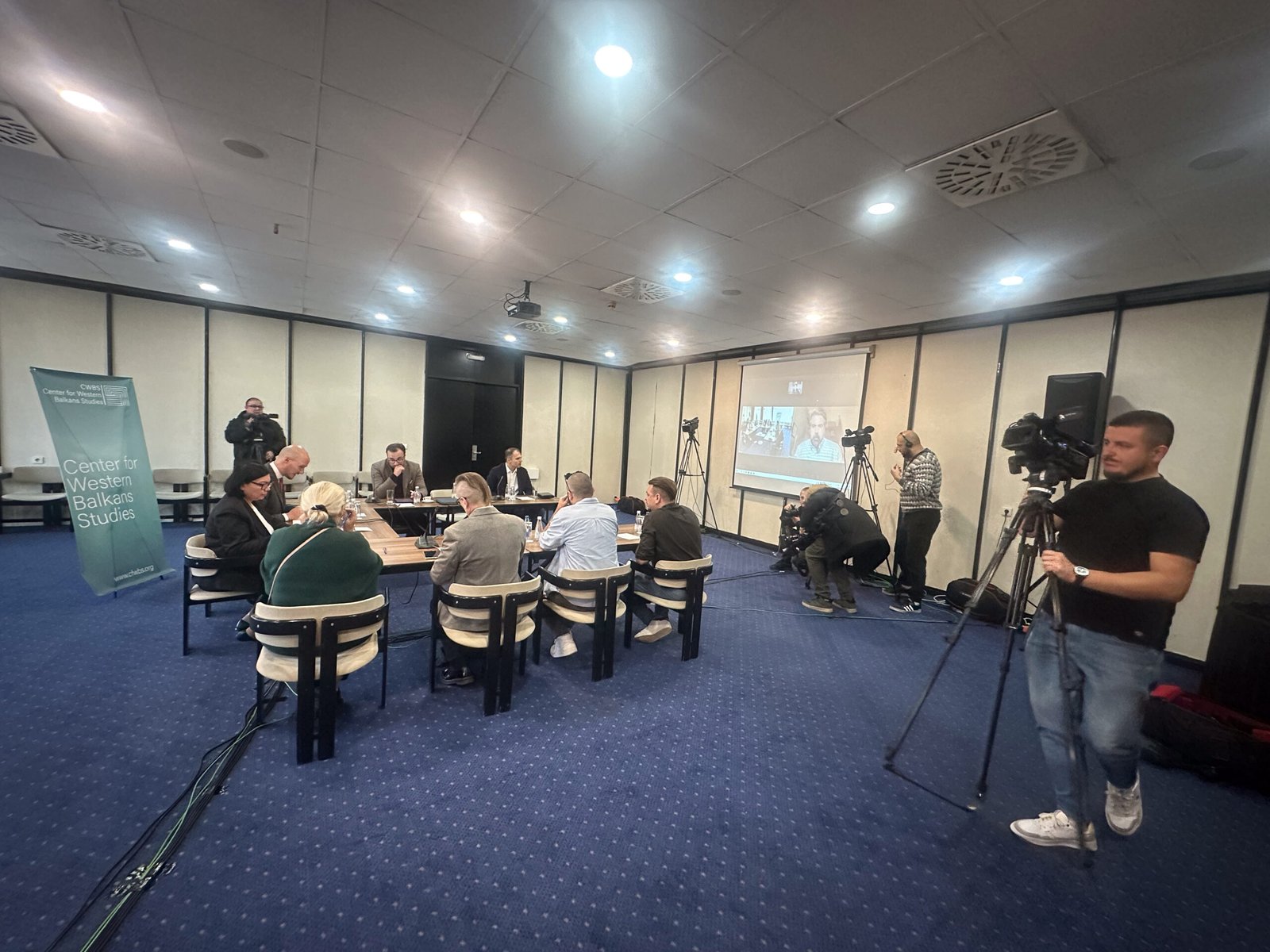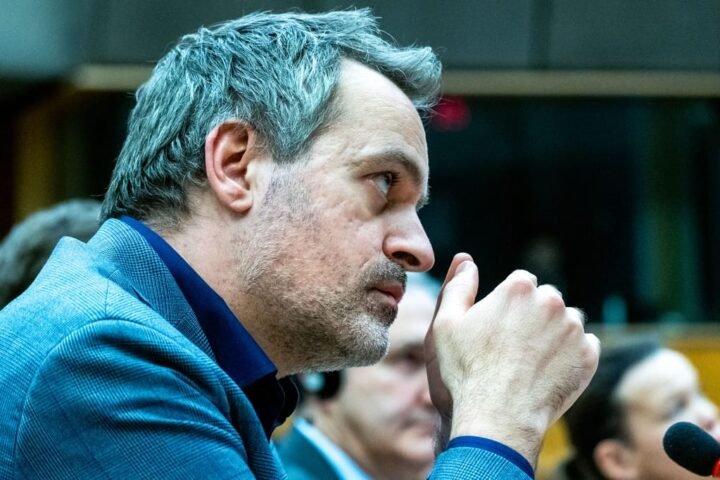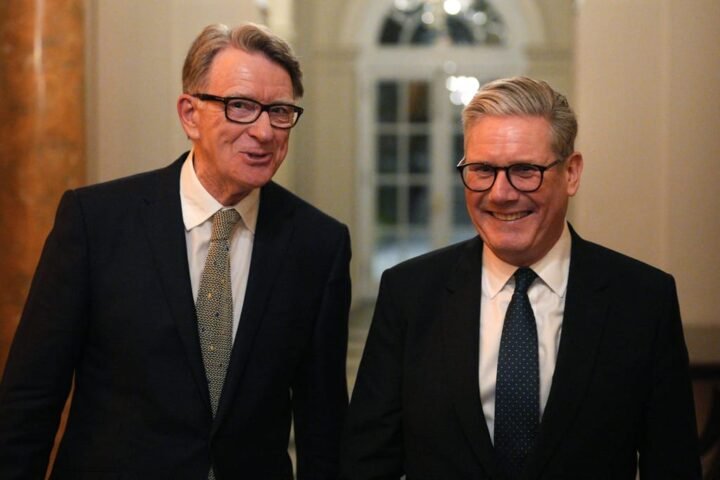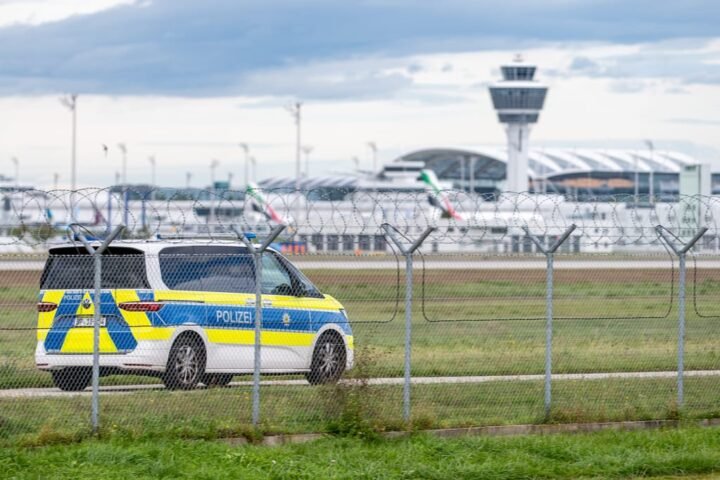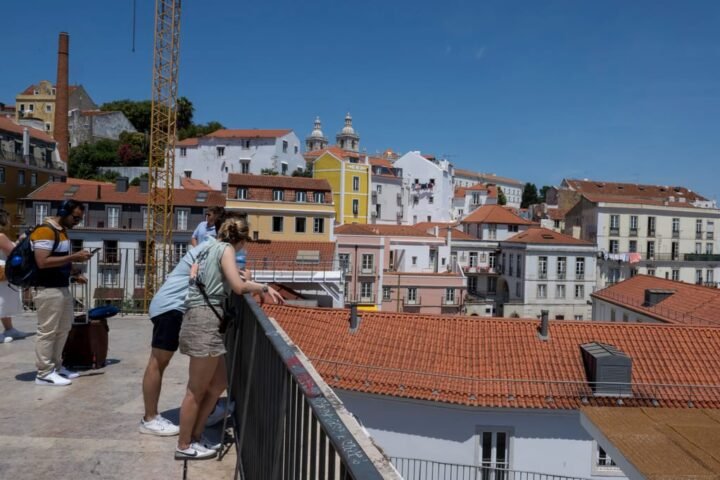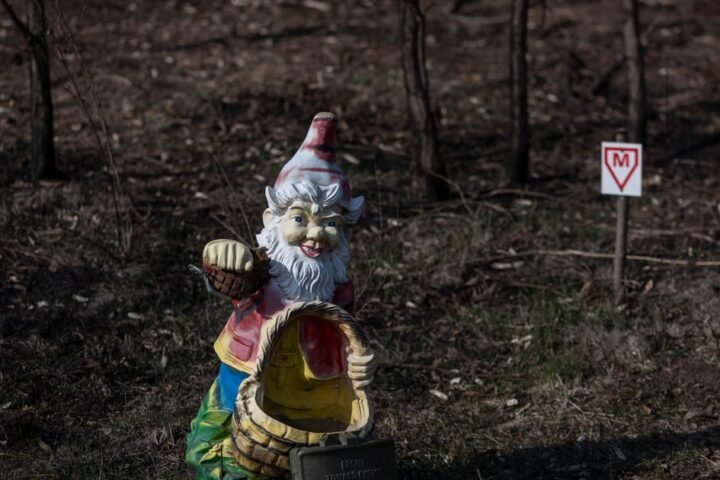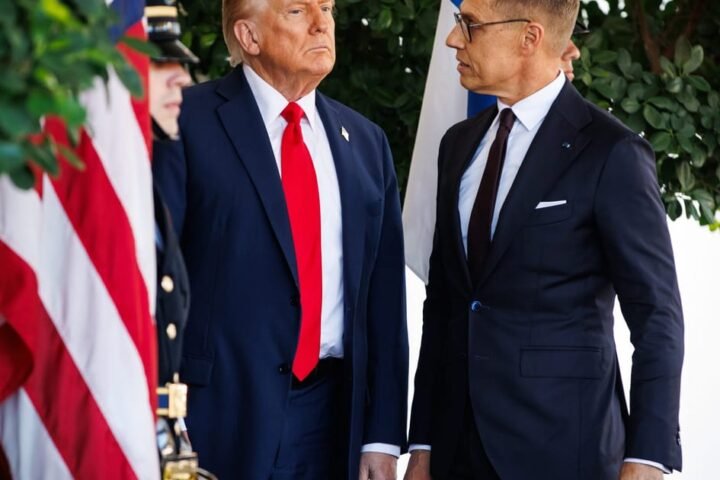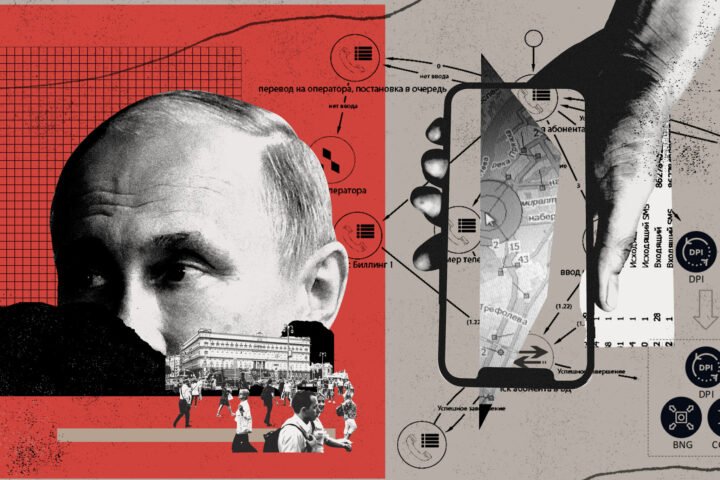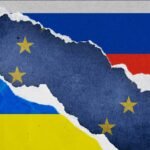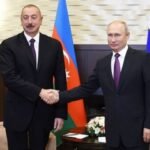On October 4, Sarajevo hosted the round table “Current Security and Stability Threats in the Western Balkans: Destructive External Influences and Internal Factors” at the Holiday Hotel, where experts from Bosnia and Herzegovina, Montenegro, Serbia, Moldova, and Ukraine gathered to examine Russia’s growing destabilizing role in the region. The event was organized by the Center for Western Balkans Studies.
Election interference and political crises as focal points
Speakers highlighted Russia’s expanding hybrid influence, notably its interference in Moldova’s September 29 parliamentary elections and political turbulence in Serbia, as key challenges to European integration in the Western Balkans. Balša Božović, founder of the Regional Academy for Democratic Development, stressed that external threats have intensified recently, with Moscow working both directly and indirectly through Serbian channels.
Disinformation and covert influence across sectors
Ljubomir Filipović, co-founder of CWBS, noted that Russian influence extends beyond media disinformation to academic and cultural channels, fostering societal polarization and regional instability. Reuf Bajrović, Vice President of the U.S.–Europe Alliance, emphasized less visible forms of interference, particularly in the energy sector of Republika Srpska, which is increasingly controlled by Russian companies. Bajrović added that Belgrade is not the sole hub for Russian influence, pointing to active cooperation by other local actors such as Milorad Dodik.
Paramilitary activity and diplomatic expansion
Investigative journalists from BIRN Bosnia and Herzegovina, Nino Bilajac and Irvin Pekmez, revealed the existence of Russian paramilitary camps in Bosnia, training hundreds for operations targeting Moldova’s elections. Bilajac also reported a notable increase in staff at the Russian embassy in Sarajevo, including diplomats expelled elsewhere for espionage. Roman Russu, Moldovan politologist, described Russia’s influence as unprecedented in scale, combining disinformation campaigns and paramilitary preparation to create a strategic foothold against Kyiv and Bucharest.
Diverging local interests and regional implications
Omar Memišević suggested Moscow’s goals in the Balkans may clash with those of local elites, whose national priorities differ. Boris Varga described Russia and Serbia as “main destabilizing factors,” warning that Europe’s lack of engagement creates opportunities for Moscow’s influence to expand. Natalia Gumba of CWBS concluded that understanding the security of the Western Balkans requires situating it within a wider European framework to effectively address these threats.
Russia’s hybrid strategies in the Balkans underline the complexity of the security landscape, with both overt and covert dimensions shaping the future stability of the region.
